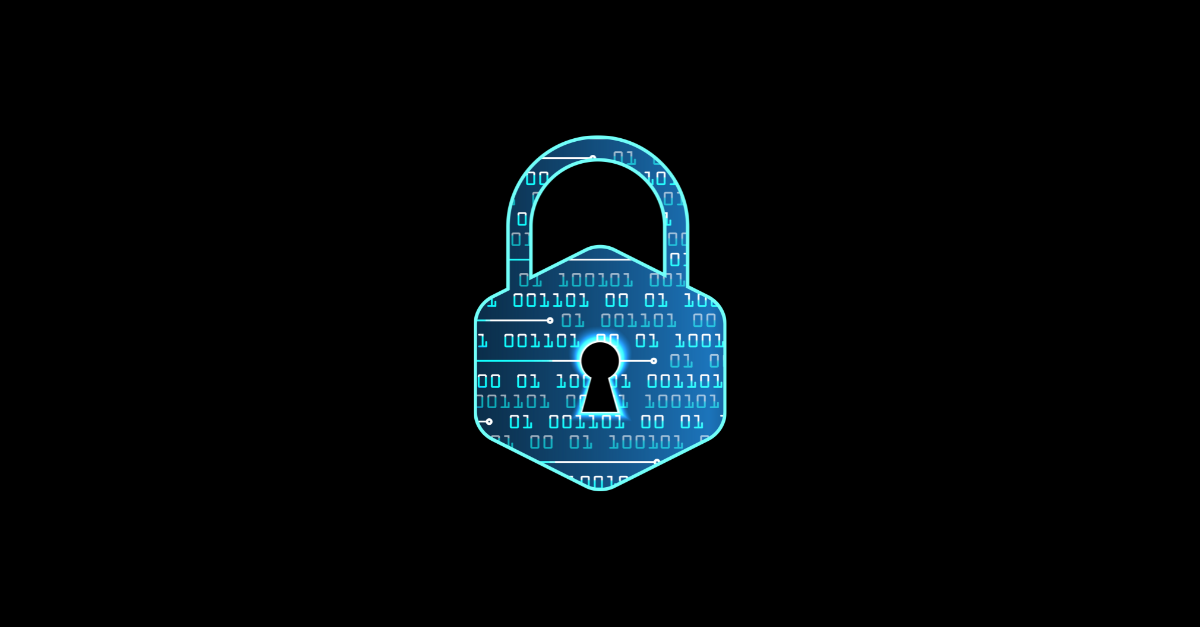In today's digital era, businesses are becoming increasingly dependent on technology. Although this evolution has led to streamlined processes and increased efficiency, it has also opened up new realms of threats and risks. Cyber threats are one of the most prevalent and consequential of these risks. No business is immune, and the fallout from such attacks can be catastrophic. In this blog post, we will be discussing common cyber threats businesses face and how you can effectively combat them.
Understanding the Risks: The Top Cyber Threats Businesses Face
Grasping the nature of cyber threats is the initial move towards protecting your business. Pervasive cyber threats encompass malware, phishing, denial-of-service attacks, man-in-the-middle attack, and SQL injections. Malware constitutes malevolent software, engineered to disrupt or damage a computer system, whereas phishing is a deceptive technique used to trick individuals into divulging sensitive information such as passwords.
On the other hand, denial-of-service attacks are designed to overload systems, rendering them unusable. Man-in-the-middle attacks, in contrast, are a form of eavesdropping where communications between two parties are intercepted and possibly altered. SQL injections, on the other hand, capitalise on security weaknesses in a web application's database layer.
Recognising and understanding these cyber threats serve as the cornerstone of your business's defence. By knowing what to look out for, you will be better equipped to identify potential risks and respond proactively to protect your business. This knowledge can also inform your cybersecurity strategy, helping you to establish robust protections and response plans. From this standpoint, you can begin to create an environment where cybersecurity becomes an integral part of your business operations, rather than an afterthought.
The Role of Employees in Cybersecurity: Protecting from Within
Your team can play a crucial part in strengthening your cybersecurity. Owing to this, it is of paramount importance to empower your employees with adequate knowledge about cybersecurity basics. Primarily, this would involve instructing them about secure online practices, the means of spotting potential phishing ploys, creating and maintaining complex passwords, and appreciating the significance of safeguarding their personal gadgets.
It is essential that your workforce comprehends the process to be executed should they suspect a cyber attack. These may include immediately notifying the IT department, refraining from clicking on suspicious links, or disconnecting their device from the network.
By incorporating these elements into your employee training modules, you can enhance your company's defence from within. This not only helps in thwarting potential cyber threats but also in building a workforce that is alert, conscious, and educated about cybersecurity, thereby contributing to an all-round safe and secure digital environment in your organisation.
The Power of Technology: Leveraging Anti-Malware and Firewalls
Utilising the power of technology is an integral part of fortifying your business against cyber threats. Implementing comprehensive security measures such as anti-malware software and firewalls should be a top priority.
Anti-malware software serves as a robust defence against a multitude of cyber threats. Its functionality involves detection, isolation, and removal of malicious software, consequently preventing damage to your system. Implementing anti-malware software aids in the protection against viruses, ransomware, and other threats that can infiltrate your business's digital infrastructure.
Concurrently, the implementation of firewalls can substantially elevate the level of protection for your business. Acting as a sentinel between your internal network and external cyber threats, firewalls serve to obstruct undesirable traffic and bar unauthorised access. A firewall scrutinises incoming and outgoing data, ensuring only safe and legitimate traffic gets through.
Embracing these technology-based protective measures can provide a vital layer of security for your business. By investing in such technology, you can significantly decrease the risk of cyber threats causing disruption or damage to your operations. This further underscores the importance of technology in protecting your business from the ever-evolving landscape of cyber threats. However, it is crucial to note that the effectiveness of these tools relies heavily on regular updates to keep up with emerging threats, re-emphasising the importance of regular system updates discussed earlier.
In this context, the power of technology can be a formidable ally in securing your business's cyber environment, protecting it against the multiple cyber threats lurking in the digital world.
Embracing Regular System Updates: The Armour Against Vulnerabilities
Maintaining regular system updates plays an indispensable role in safeguarding your business against cyber threats. These updates frequently encompass patches designed to counteract identified security weaknesses, mitigating the risk of cyber intrusions. It's vital to ensure all your software, from your operating systems to your applications, remain current.
These updates are not merely about gaining the latest features but are crucial to protect your digital infrastructure from potential threats. A single unpatched vulnerability can provide a pathway for cyber attackers to infiltrate your system, leading to severe consequences.
The convenience of automated updates should not be overlooked. By enabling automatic updates where feasible, the process becomes more efficient and eliminates the potential for human oversight. However, it is important to note that while automation can ease the burden, human involvement remains necessary for overseeing the process, ensuring that updates are applied successfully, and addressing any issues that may arise.
While the implementation of protective measures such as firewalls and anti-malware software is critical, their efficacy heavily relies on being armed with the latest updates to keep up with the continuously evolving landscape of cyber threats. Regular system updates thus serve as an invaluable armour, fortifying your business's cyber environment against potential vulnerabilities.
However, a holistic approach to cybersecurity necessitates complementing these updates with the strategies discussed earlier, including employee training, data backups, and seeking professional advice, thereby enhancing your business's overall defence against the myriad of cyber threats.
The Importance of Regular Data Backups: Preparation for the Worst
While every business strives to maintain impenetrable defences, the harsh reality is that no system is entirely infallible. This underscores the significance of regularly backing up your business's vital data. Regular data backups can be likened to an insurance policy; it’s something you hope never to utilise but will be grateful for if an unfortunate event, such as a successful cyber attack, takes place.
Data backups effectively create a secure duplicate of all your key data, facilitating a swift and efficient recovery process should your primary data be compromised. With regular data backups, you mitigate the risks of losing crucial business information, thereby ensuring your business can resume operations promptly, minimising downtime and financial losses.
The frequency of your data backups should align with the level of risk you are willing to accept. Depending on your business's nature and size, this might range from daily to weekly backups. It is also recommended that backups be stored offsite or in the cloud for additional security. Regularly testing your backups is also crucial to confirm they can be restored swiftly and accurately if necessary.
Having regular data backups in place might seem like a daunting task, but it can make the difference between a minor setback and a catastrophic loss for your business in the event of a successful cyber attack. So, while it's essential to strive to prevent cyber threats, being prepared for the worst with regular data backups is a non-negotiable part of a comprehensive cybersecurity strategy.
Working with Cybersecurity Professionals: Getting the Experts On Board
In an age where cyber threats are growing increasingly complex, enlisting the expertise of cybersecurity professionals could prove to be a game changer. These specialists bring to the table customised solutions that are designed to safeguard your business against digital threats. They possess the acumen to perform regular audits, thus identifying any potential vulnerabilities that might otherwise go unnoticed.
Moreover, in the unfortunate event of a breach, they can provide invaluable guidance on how to effectively manage the situation. They can also help in ensuring your business is in line with the most current cybersecurity regulations and standards, which can be particularly beneficial for businesses operating in sectors where data security is heavily regulated.
Engaging with cybersecurity professionals also allows you to concentrate on your core business operations. With their expertise at your disposal, you can have peace of mind knowing that your business's digital security is being managed by specialists in the field.
However, it's important to remember that even with professional help, maintaining a culture of cybersecurity within your organisation is still essential. This includes regular employee training and adopting best practices like maintaining system updates and regular data backups.
In the constantly evolving world of cyber threats, having expert guidance could be the crucial element that fortifies your business against potential digital attacks. So, consider bringing cybersecurity professionals on board as a part of your holistic approach to protect your business from the digital dangers lurking in the shadows.

